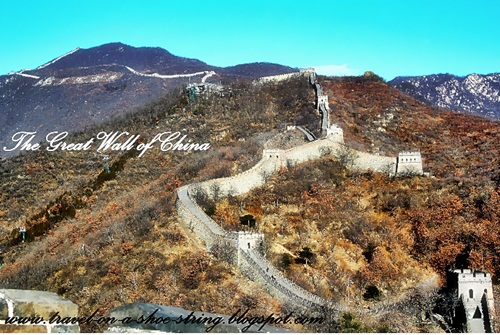Kiong Hee Huat Tsai!

Kiong hee huat tsai! (pronounced as ki-yong hi hu-wat chay in Hokkien). Happy Chinese New Year 2014 everyone.
Tsinoys will appreciate to hear the greeting in the dialect they understand. So, greet them based on what language they use.
Cantonese is one of the 9 other groups of dialects in China and is most commonly spoken in Hong Kong, Guangdong, and Macau.
Hokkien is the dialect spoken in Fujian province where most of the Chinese-Filipinos came from.

Kiong hee huat tsai! (pronounced as ki-yong hi hu-wat chay in Hokkien). Happy Chinese New Year 2014 everyone.
A lot of my pure breed Pinoy friends keeps on asking me the difference between the commercial greetings we all hear and see on print, radio, online media and television,
Here are the greetings and their meanings:
- Kung Hei Fat Choi or Gong Hey Fat Choy (Cantonese for ''Congratulations and wishing you prosperity'' / a New Year greeting meaning, "May you become prosperous) - Probably the most famous phrase worldwide.
- Gong Xi Fa Cai (Mandarin)
Hookien- Sun nien fai lok ( meaning, "Happy new year")
Mandarin- Xin nian yu kuai
Cantonese is one of the 9 other groups of dialects in China and is most commonly spoken in Hong Kong, Guangdong, and Macau.
Hokkien is the dialect spoken in Fujian province where most of the Chinese-Filipinos came from.
Good luck and have a happy life! Kiong Hee Huat Tsai!


